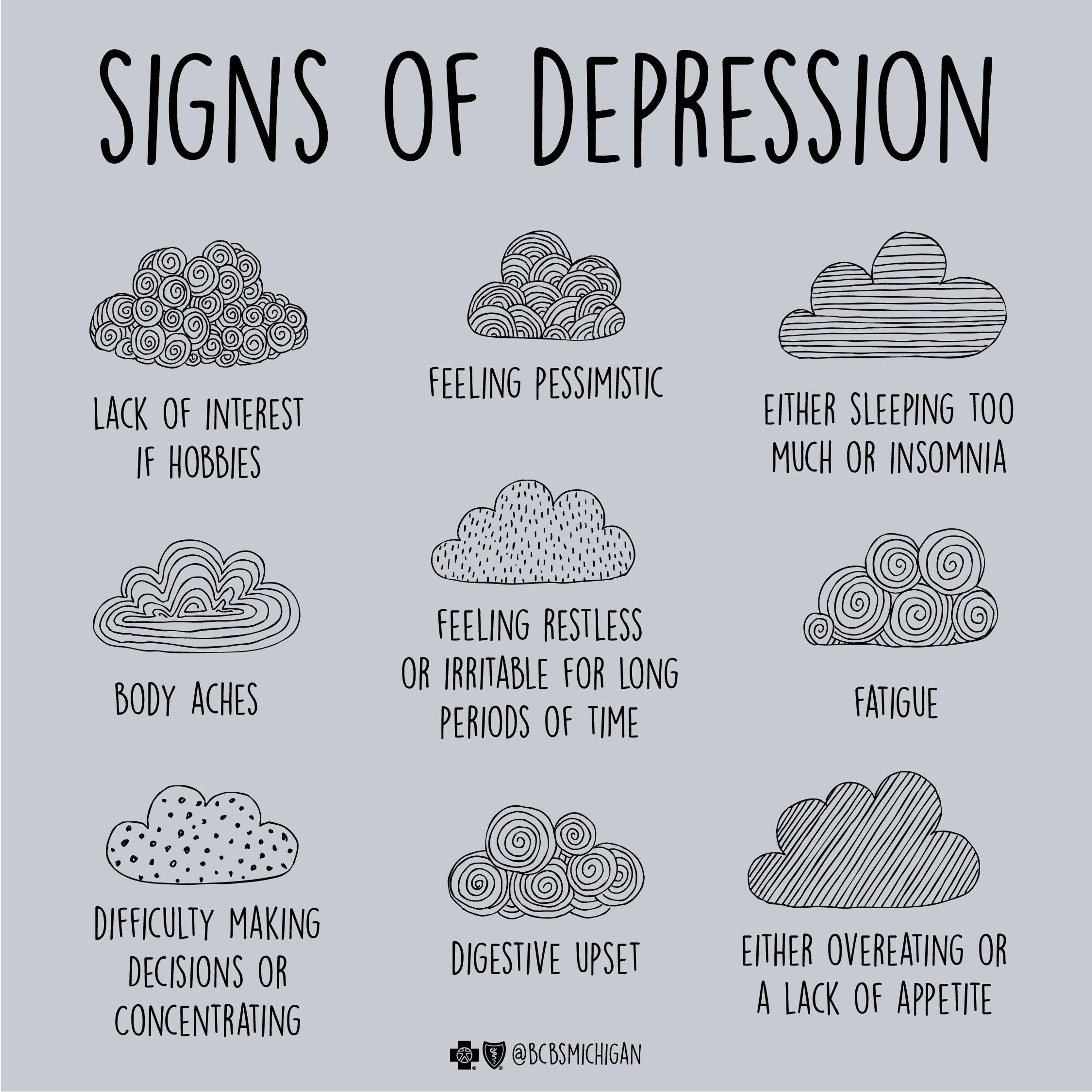Older Adults Have Increased Risks of Suicide

Dr. Kristyn Gregory
| 4 min read
Dr. Kristyn Gregory, D.O., is a medical director of ...

Older adults have the highest rates of suicide among all age groups. In the U.S., white men over the age of 65 commit suicide at a rate that’s four times as high as the national average. While suicide attempts are more frequent among adolescents and young adults, overall, rates of suicide increase especially after the age of 60. This is due in part to a combination of physical and social factors associated with aging that can put individuals at an increased risk for self-harm.
Aging and mental health
As individuals age, they’ll experience a complex mix of physical and social changes that can affect their mental health and well-being. Here are some of the changes that can have a negative impact:
- Physical health: As individuals get older, they may develop a chronic condition like heart disease, diabetes or arthritis; or an aggressive illness like cancer. This can affect their mobility; and may require continued medications and treatment. Some neurologic diseases can also impair decision-making and self-control.
- Mobility: Aging can come with the loss of some strength and mobility. This can occur suddenly due to an injury or health issue, or slowly over time. Losing the independence to do daily activities like driving, shopping, exercising, gardening or other hobbies without assistance can be frustrating and mentally degrading.
- Legal and financial stress: As individuals near retirement age, they may be pressed with financial and legal stress as they make plans for the last chapters of their lives. They may also be tasked with overseeing the estate of an older relative and navigating family dynamics.
- Social isolation: With a decrease in mobility and physical ability, it’s common for older individuals to become less engaged with their friends and community. Social isolation can be degrading to mental health and worsen existing issues like dementia.
- Loss and grief: Older adults often experience more loss and grief as their peers, friends and family begin to pass on.
Some of the main risk factors for suicidal behavior in older adults include:
- Losing a spouse or partner
- Having a mental disorder
- Having a physical illness
- Bereavement

Signs of depression
Depression can manifest in different ways. Older adults may show different symptoms of depression than young adults. For example, for older adults, sadness is not their primary symptom. Additionally, some symptoms may be easily overlooked as a sign of aging. Here are some behaviors to watch for that could indicate an individual is depressed:
- Difficulty concentrating, remembering or making decisions
- Difficulty sleeping
- Eating more or less than usual
- Feeling hopeless, guilty, worthless or helpless
- Irritability, restlessness or trouble sitting still
- Loss of interest in favorite activities, including sex
- Lower energy or fatigue
- Moving or talking slowly
- Increased sadness, anxiousness or indifference
- Thoughts of death or suicide
- Waking up too early or oversleeping
How to help older adults
It can be difficult to spot the signs of depression in an older adult. Talking about depression and mental health is a good first step to opening the conversation. If symptoms last longer than two weeks, the individual should consult with their primary care provider. Encourage them to make an appointment and help coordinate and provide transportation, if needed. Primary care providers can help provide screening for depression as well as other health conditions and offer referrals to a mental health professional. The National Institute on Aging reports that interventions during a primary care visit are highly effective at reducing suicide. Supporting older adults with their mental health can also mean encouraging them to stick with the treatment plan prescribed by their doctor. It can also mean doing activities together and including them in a walk or a bike ride. Movement, fresh air and a change in perspective can boost the mood and provide a much-needed break. Kristyn Gregory, D.O., is a medical director of behavioral health at Blue Cross Blue Shield of Michigan. More from MIBluesPerspectives:
- How to Be a Good Friend When Someone is Grieving
- Managing Relationship Anxiety
- How to Talk About Suicide
Photo credit: Getty Images





